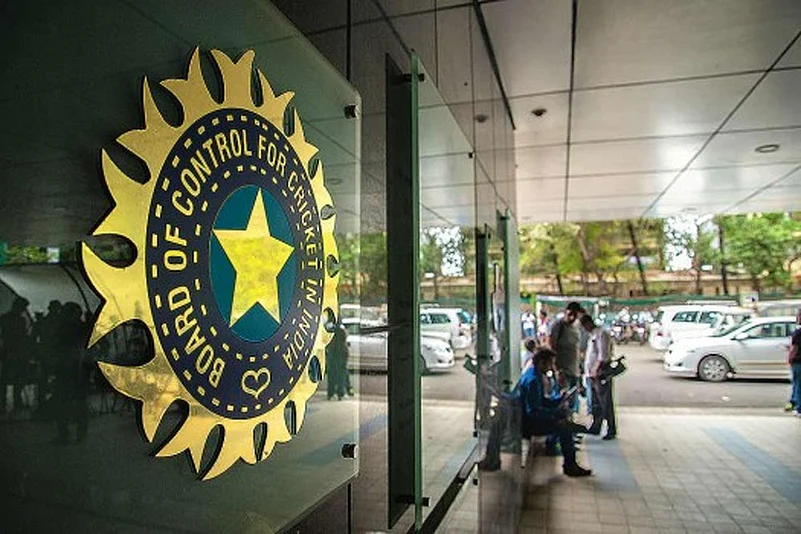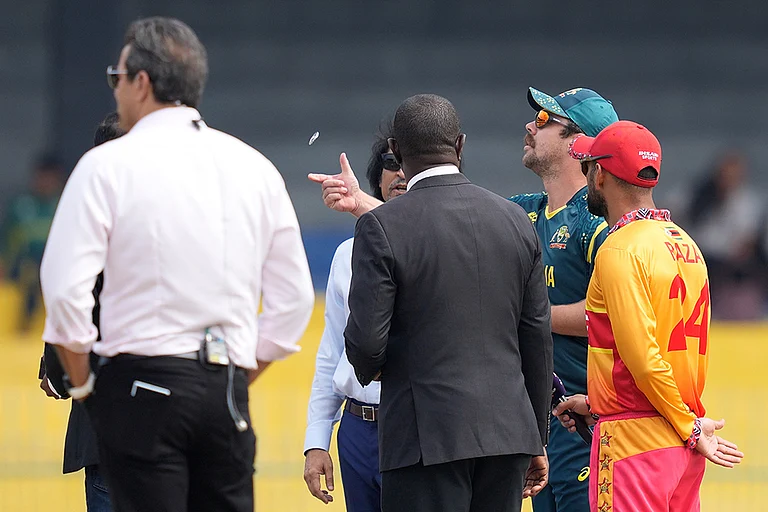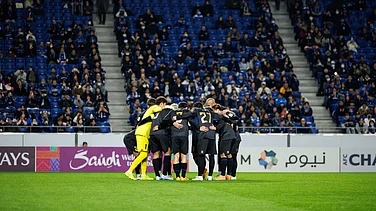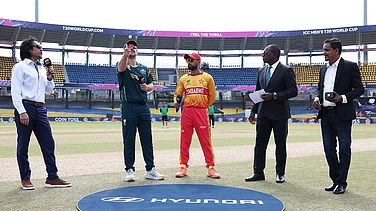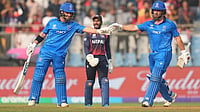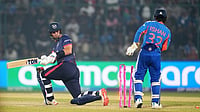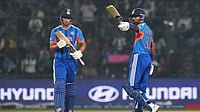The Board of Control for BCCI ethics officer D K Jain on Tuesday found Board employee Mayank Parikh guilty of conflict of interest and asked him to choose between his role in the BCCI and his association with six cricket clubs in Mumbai. (More Cricket News)
The erstwhile Committee of Administrators and former Madhya Pradesh Cricket Association life member Sanjeev Gupta had filed a conflict of interest complaint against Parikh last year for owning six clubs/academies in Mumbai.
"I am convinced that on the facts at hand, a case of conflict of interest as enshrined in the Rules is made out," stated Jain in the order, which is in PTI's possession.
"Accordingly, it will be open to the BCCI to grant an opportunity to Mr. Mayank Parikh to either himself resign from the post of the Manager, BCCI or to wind up all the Clubs in question forthwith or by taking any other steps, which shall ensure that the situation of conflict of interest is resolved to the satisfaction of the BCCI.
"On the failure of Mr. Mayank Parikh to take adequate steps in that regard, the BCCI may take appropriate action to ensure that this conflict of interest ceases to exist at the earliest," he wrote.
As per the BCCI constitution, no individual can hold more than one post at the same time.
"Undoubtedly, Mr. Parikh continues to be the alter ego of the six Clubs, despite his alleged snapping of links with the six Clubs, on paper.
Jain, in his order, said that six certificates, in which the MCA vouched for the clubs to be its members and ordinary Maidan Clubs which do not have their own ground or an academy, "reflects the clout Parikh enjoys with the MCA".
"In my opinion the percentage of the voting right of the six Clubs in the MCA is immaterial, as the fact remains that the six clubs, through their functionaries, who mostly happen to be his family members (at least five out of seven) do have the right (in any case the potential) to influence the decision-making process of the MCA," Jain added.






